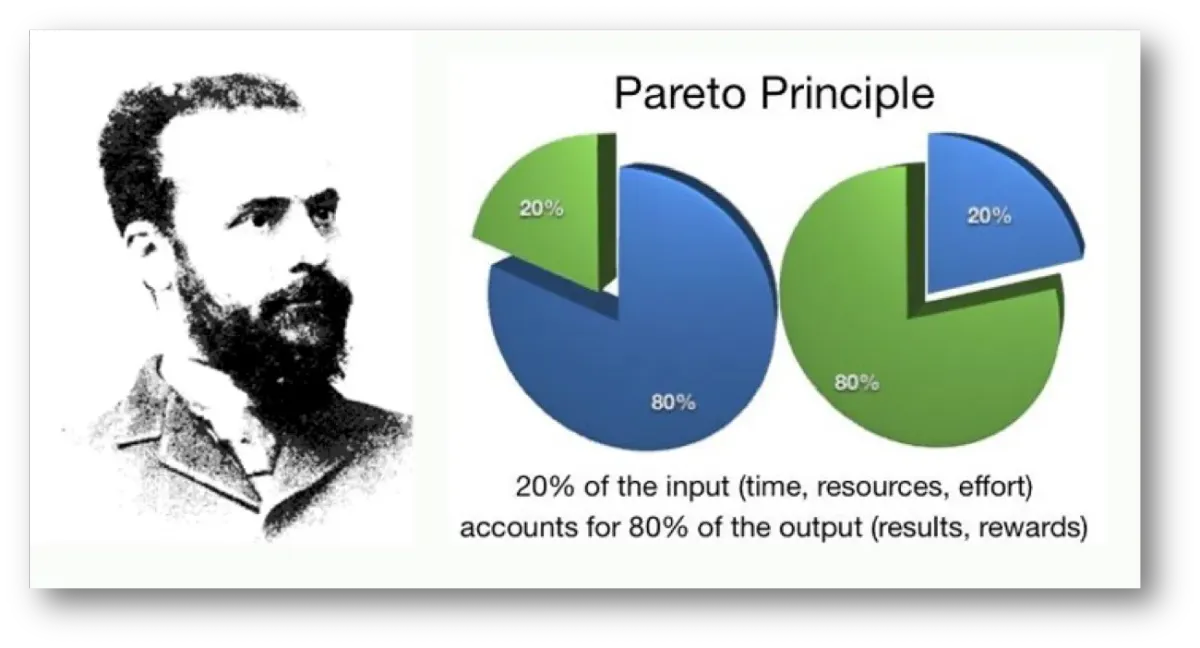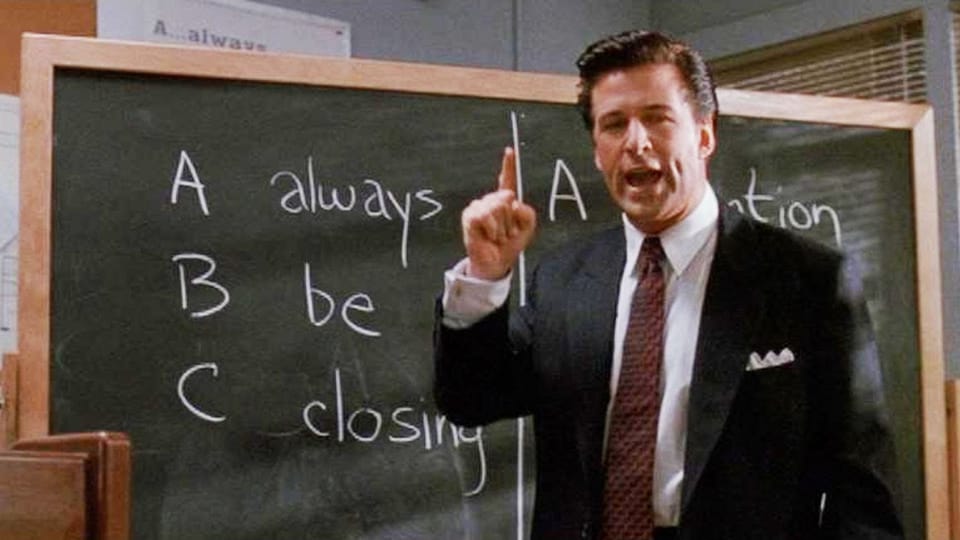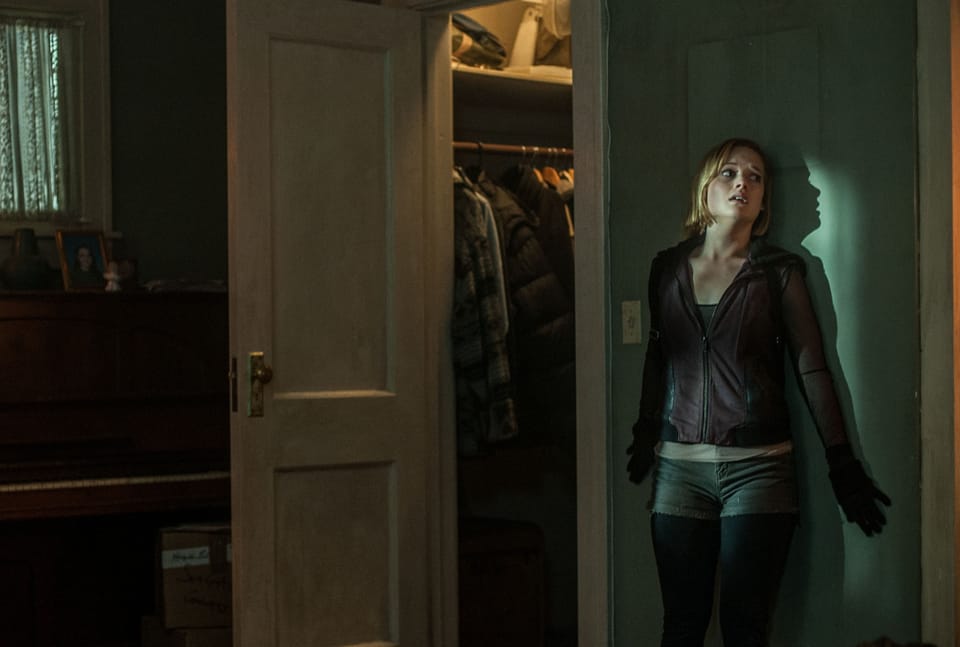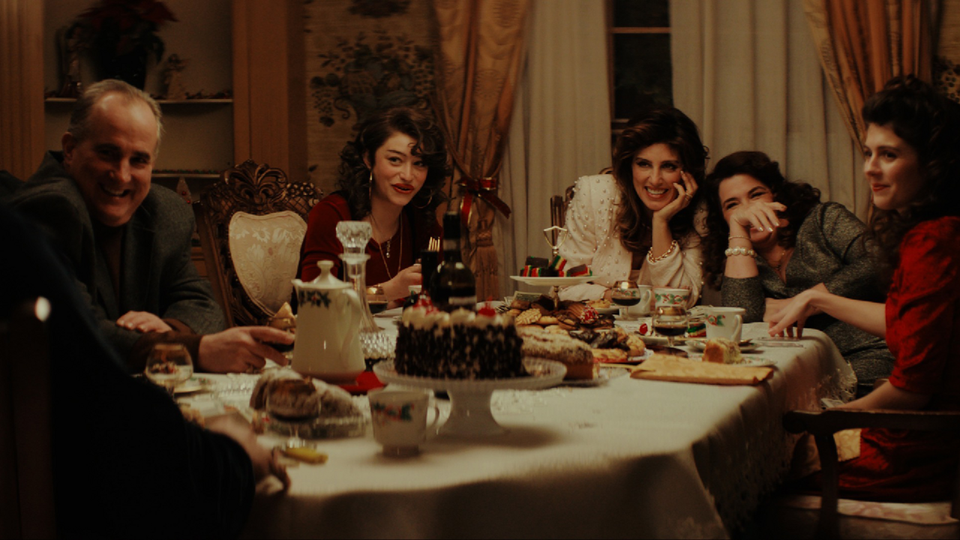Why You Need A Young Agent On Your Team
I have learned quite a few things over these years; unfortunately, almost always from making mistakes. One thing that has stuck with me is the importance of having a young agent on your team, especially when you’re just starting out.

The Story and Plot Weekly Email is published every Tuesday morning. Don't miss another one.
I have been repped by five different literary agencies over 25 years. I have had brand new, just-promoted agents, prestige agents, and all those in between. I have only had one agent and two managers through this time that I ended up not liking personally. They were the exception. All the rest worked hard, they were good people, and I would be glad to run into them today. I have learned quite a few things over these years; unfortunately, almost always from making mistakes. One thing that has stuck with me is the importance of having a young agent on your team, especially when you’re just starting out.
You may not have an agent or manager now, but this may be something to keep in mind as you pursue it (I will use agent here to mean either an agent or manager. That is, anyone who represents you.)
Assuming you’re not an established, A-list writer (which I most definitely am not), the ideal situation is to have a team of a more connected senior agent working in tandem with a younger rep. The senior agent can get calls returned from higher-tier executives, and the younger agent has the energy and determination to withstand the lows of your career and your projects that are tougher to sell.
Why is that? Mostly because the younger agent has not discovered the Parento Principle yet, more commonly known as the 80/20 rule.
The young agent is still idealistic, still loves projects, and is still willing to fight for them. They likely still feel the satisfaction of “finding” new talent. This is good for you, the client. Perhaps you have a project that you both love but is less commercial and tougher to sell. Great, the young agent will still work on it, always looking for the right match. A new writer that they believe in? Great! They’ll put that extra work to introduce that writer to the town (most writers don’t realize how much work goes into “breaking” a new writer. It’s hard!)
But at some point, the young agent realizes the 80/20 Rule. That is, 80% of results come from 20% of causes or effort.

This realization is normal and part of their maturation. The agent gets older; they get more ambitious within the agency, they get married, they have kids, they want to buy a house, pay for a private school, save for college, etc… They realize that the bulk of their commissions come from the “easier to sell” big idea/high concepts projects, their more established clients, OWAs rather than specs (where the client does most the work, not the agent,) etc… When that happens, they make a strategic shift to move that 20% of their effort to 80% of their effort. In doing so, they improve their result by 400%.

Keep in mind that this is not laziness. They are working just as hard as before. But they are getting better results. It is easier and more lucrative to overbook their top client than push their least-established client and lose out to someone else’s top client.
So, where does that leave you if you have a project that is tougher to sell? They no longer want to put their effort into those. The chances of success are too low, and the opportunity cost is one of those other projects that they may not love as much but has a much higher chance of bringing in revenue. This goes for staffing, too. Some clients are easier to staff than others for all kinds of reasons. The agent knows they will get the highest revenue focusing all their energy on them.
You need a younger agent on your team that is still willing to put aside the percentages. An agent who is motivated to build a roster. The more senior agent is only going to want slam dunks. They can do this because they are not generating the content; the clients are. So they can pick and choose and pass and just ask for “next.” until something closer to a slam-dunk arrives.
So when you are pursuing representation, spend the bulk of your energy on younger reps. They will be more willing to take a chance. If an agency shows interest in you, make sure you have at least one young agent who LOVES your work. The older agents will lose interest fast if you don’t blow up quickly.
It often feels like literary representation signifies legitimacy. It’s scary to be without it. But a hard truth is that having an agent that’s not working for you is often worse than not having an agent at all. Better to have an insurance policy upfront and know you have someone on your team still willing to work hard for those clients and projects in the 80%.
The Story and Plot Weekly Email is published every Tuesday morning. Don't miss another one.
When you're ready, these are ways I can help you:
WORK WITH ME 1:1
1-on-1 Coaching | Screenplay Consultation
TAKE A COURSE
Mastering Structure | Idea To Outline




